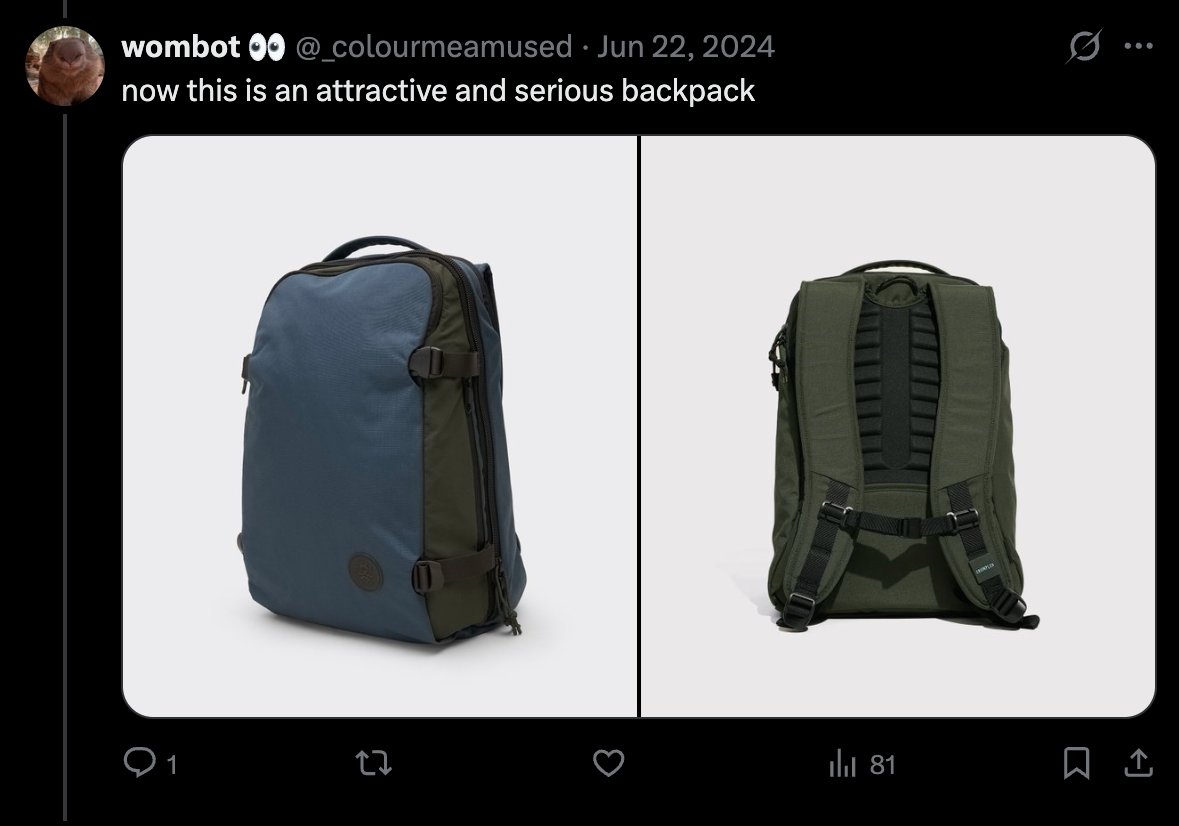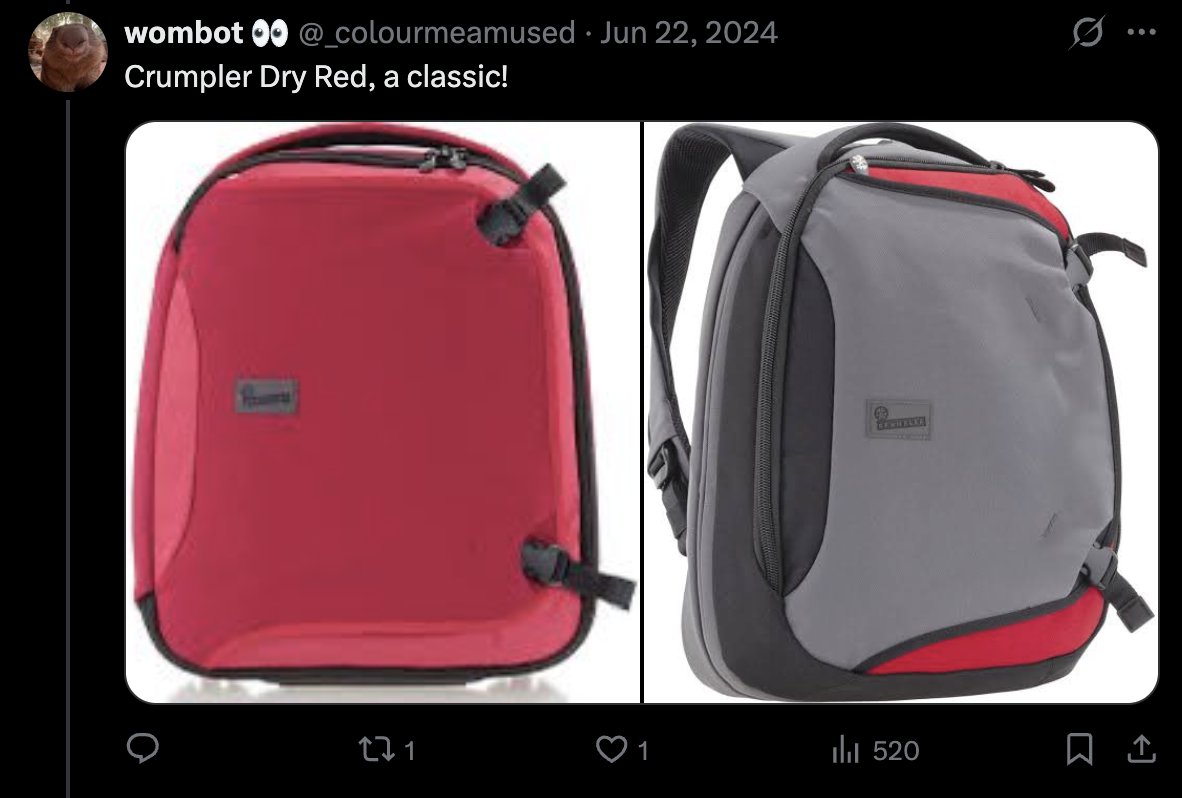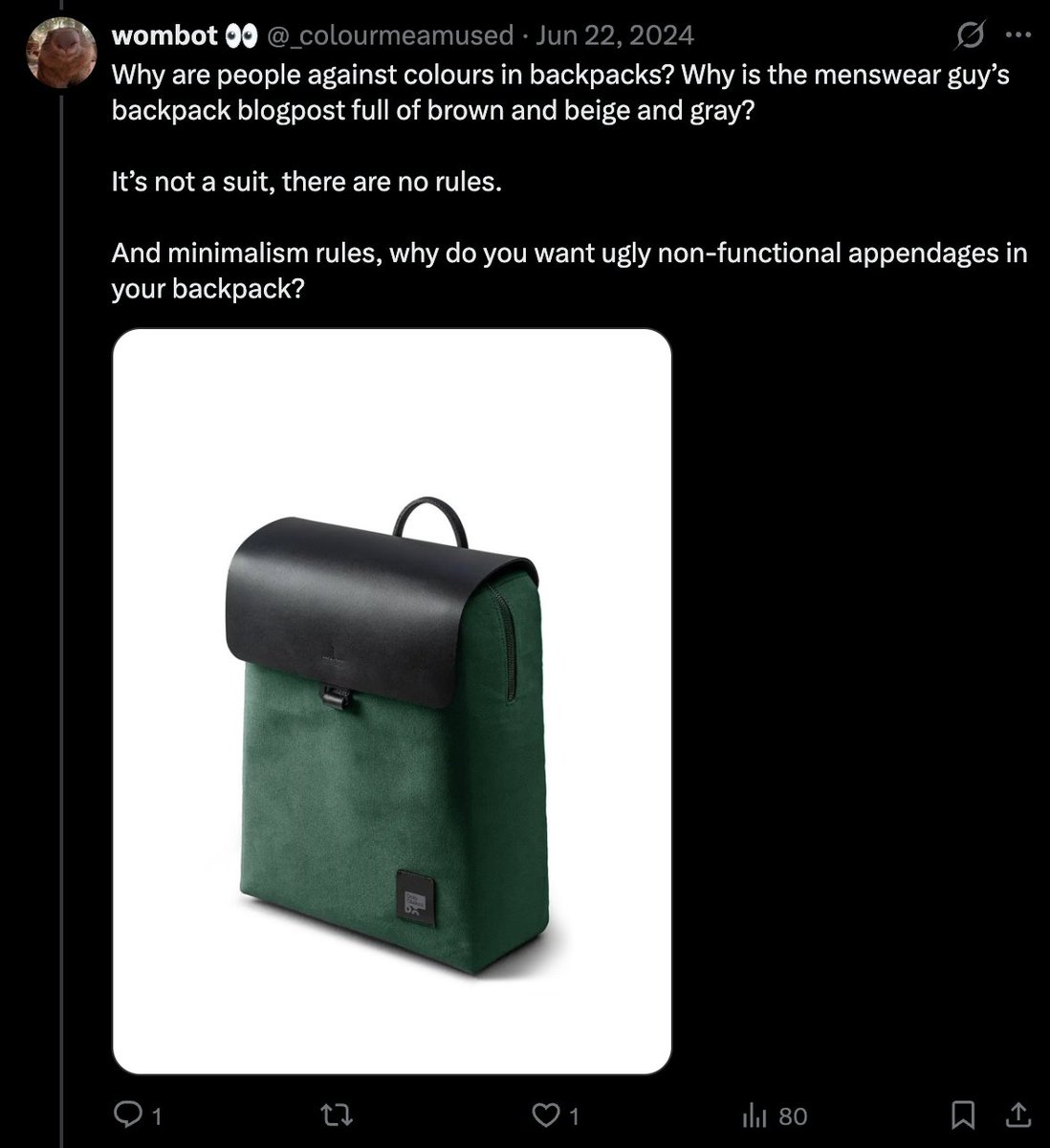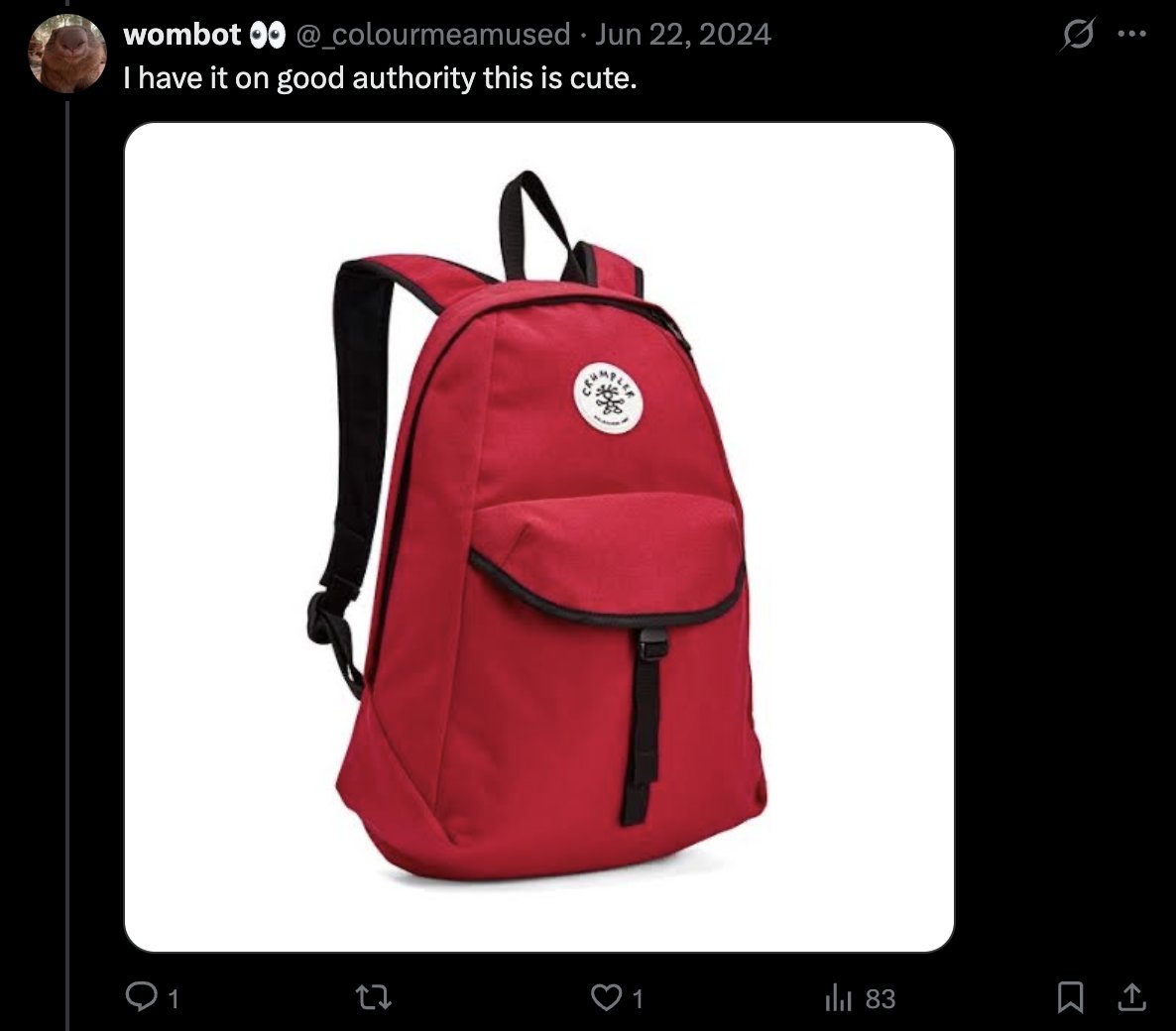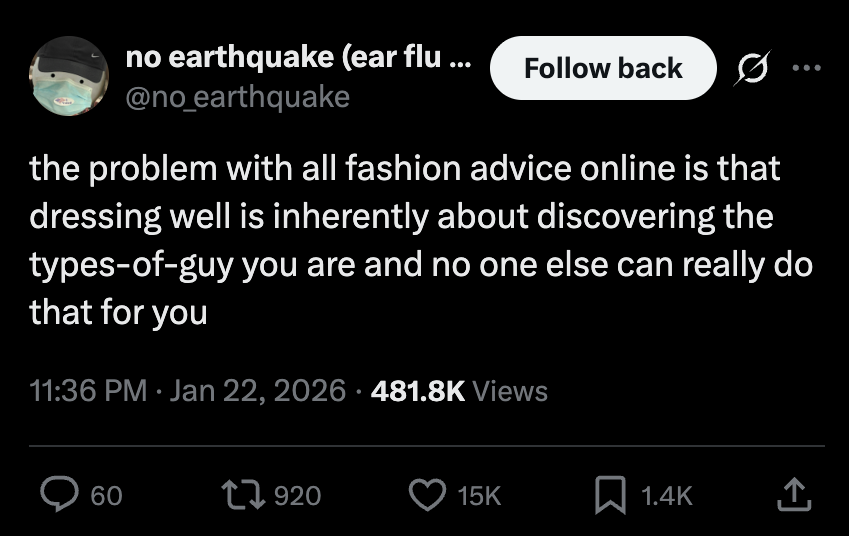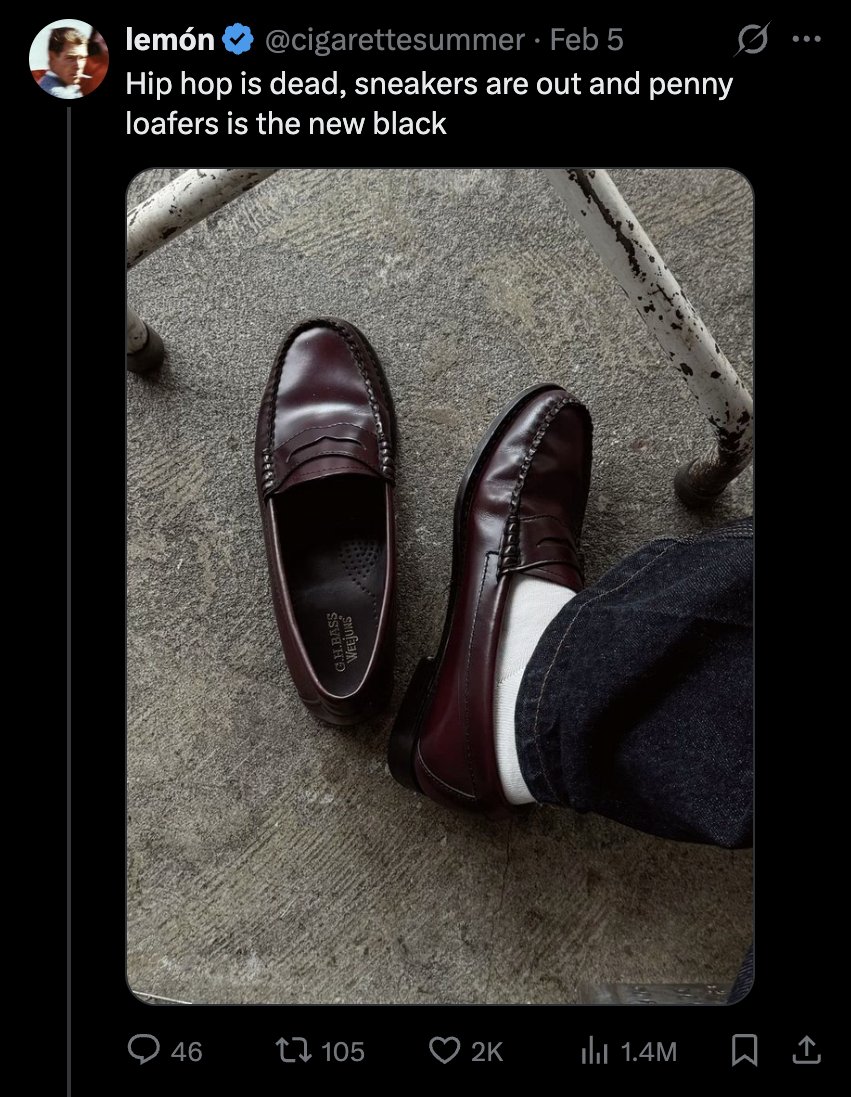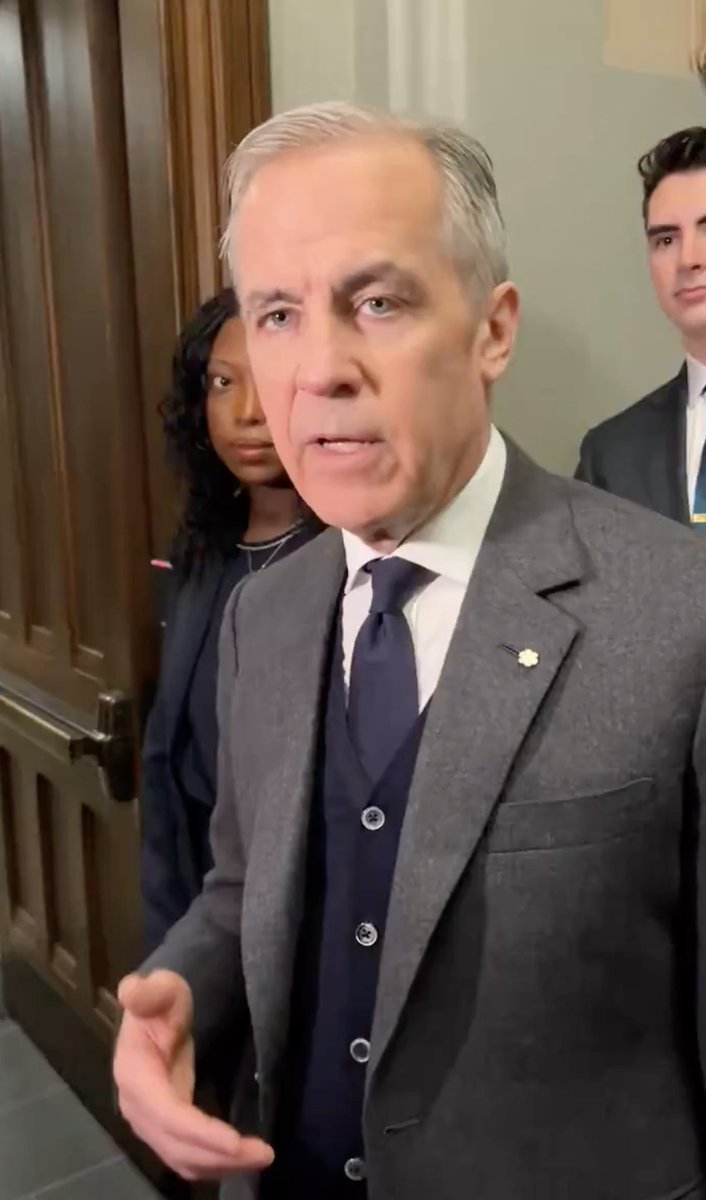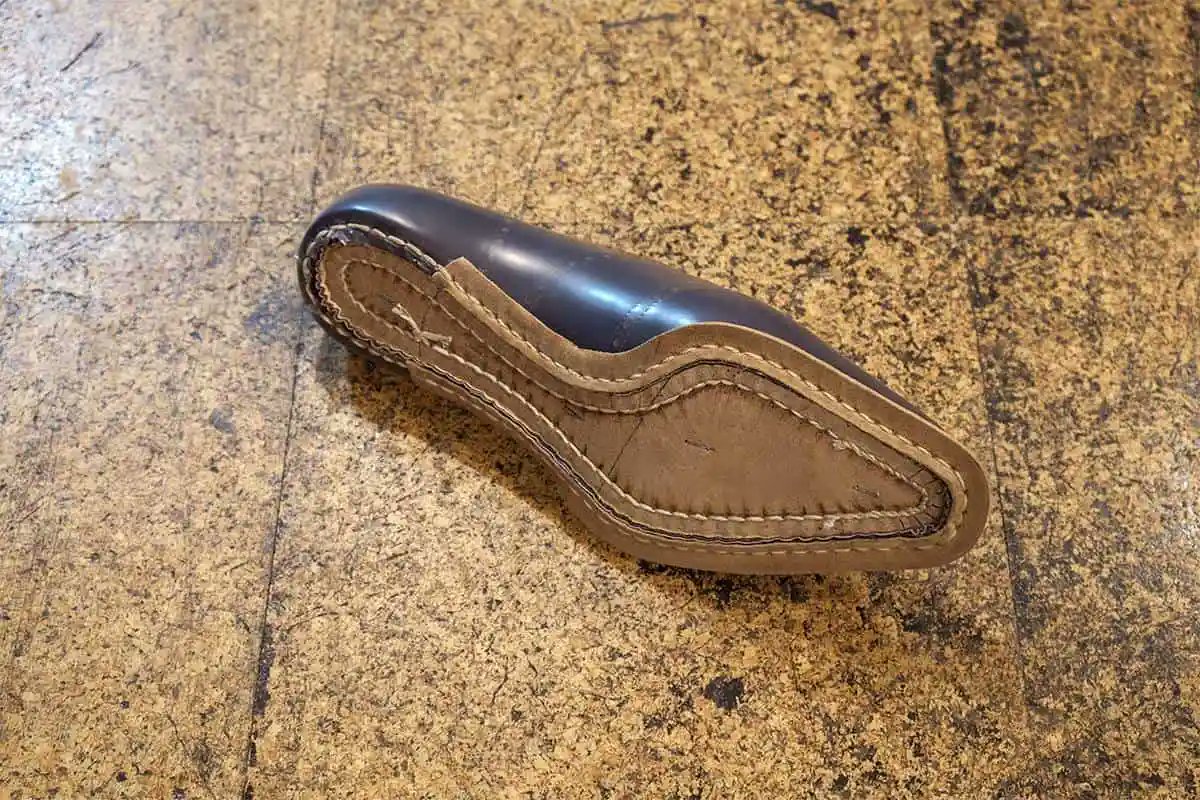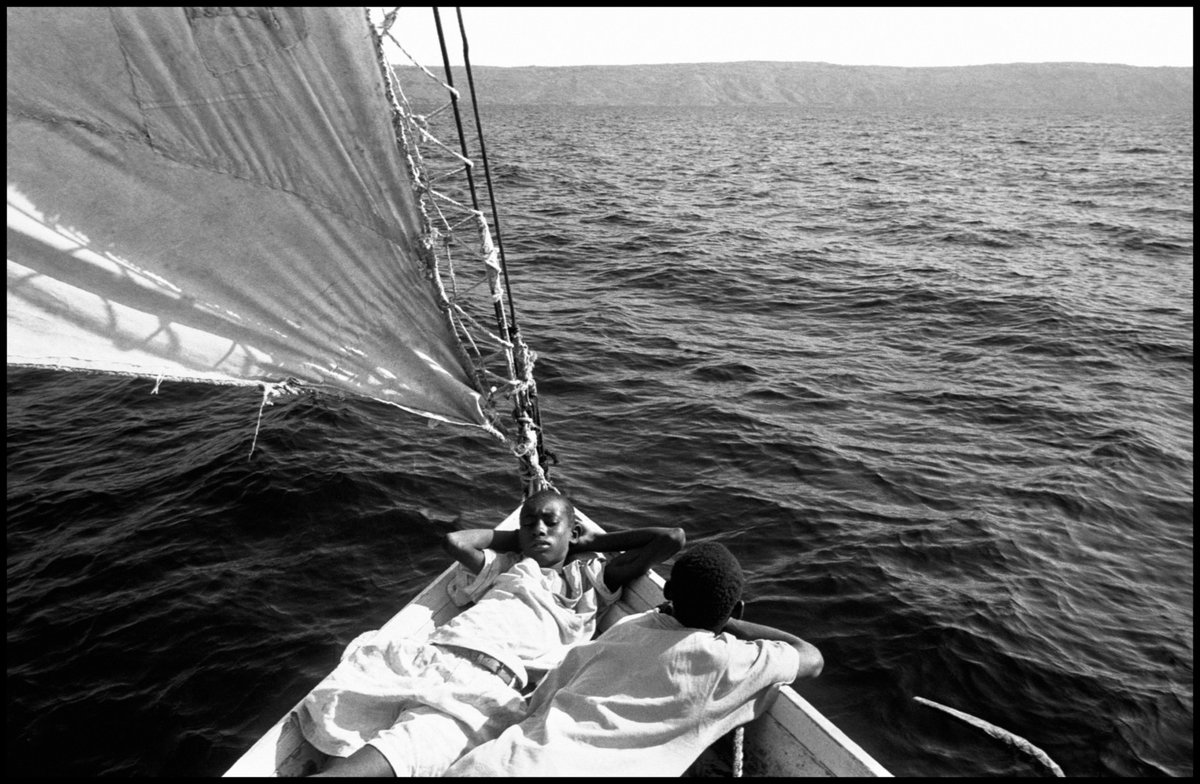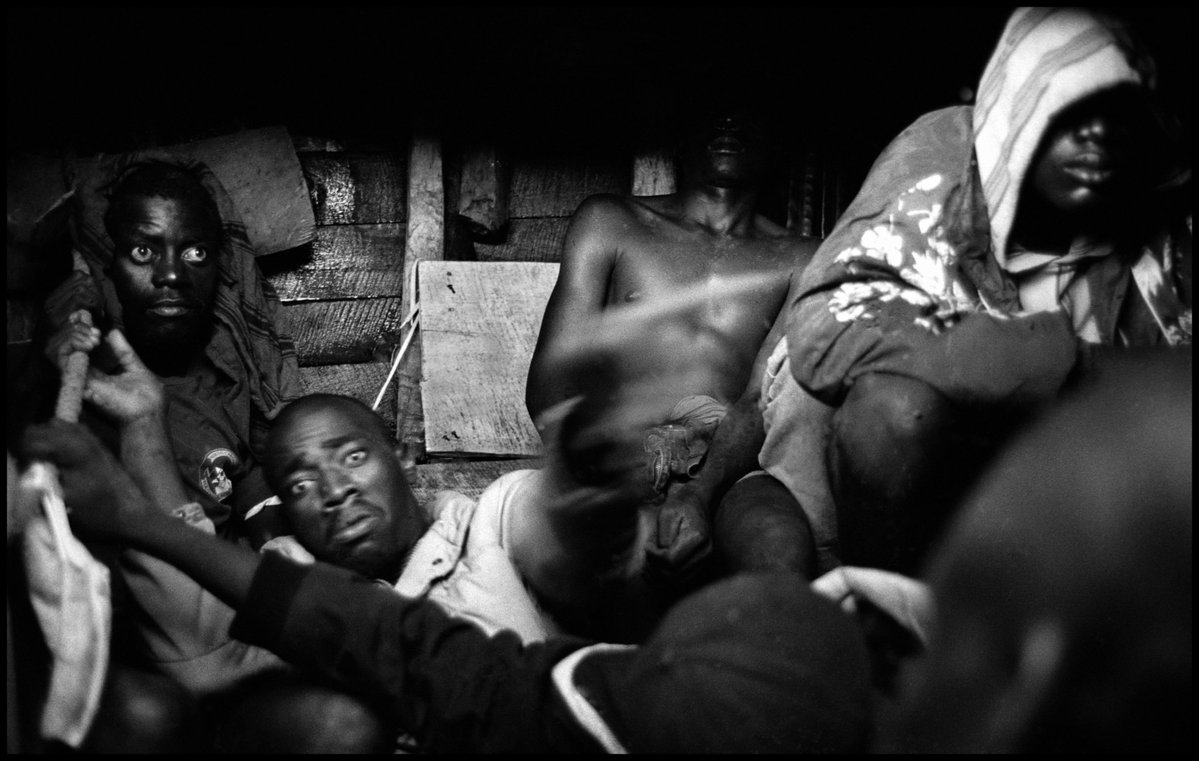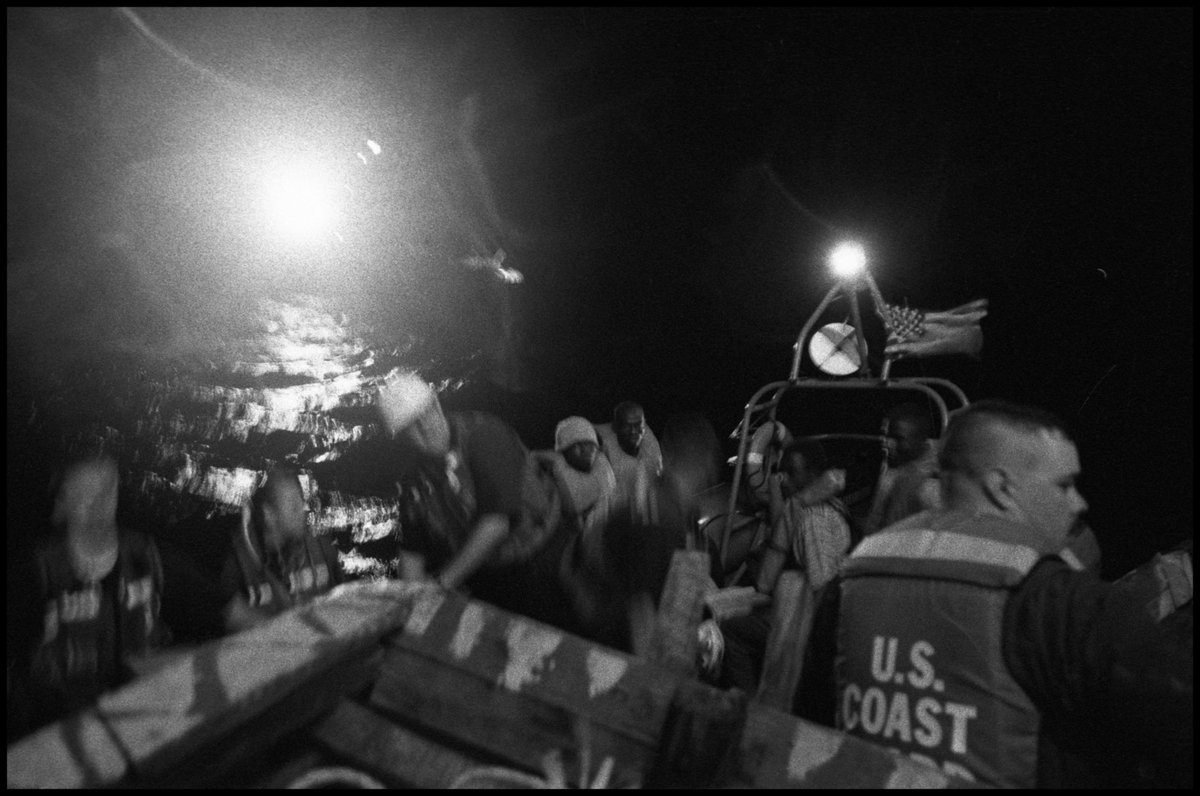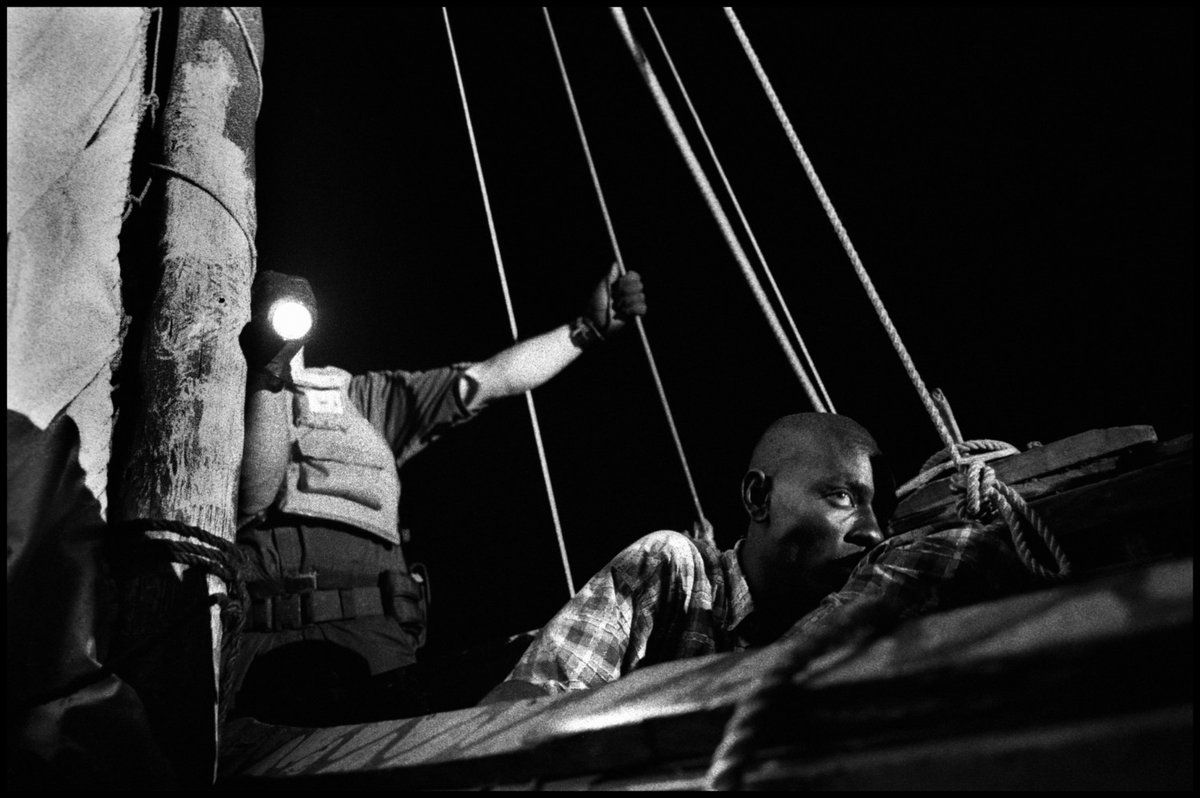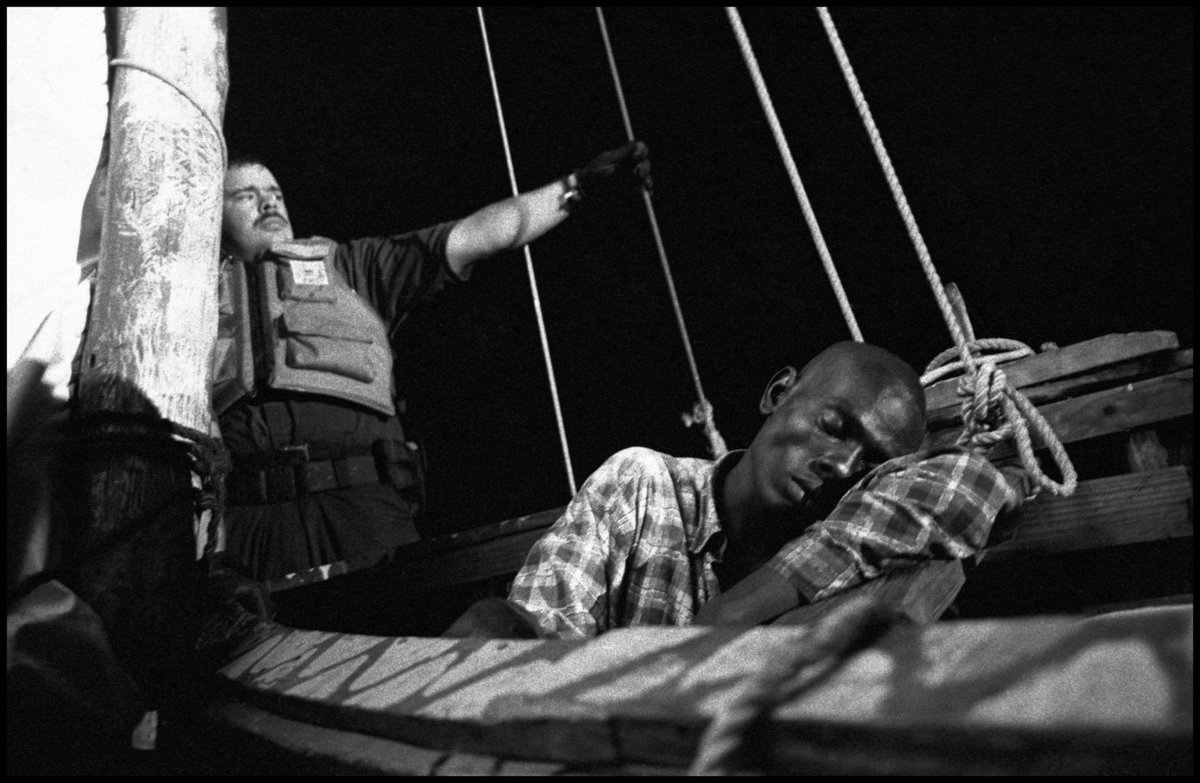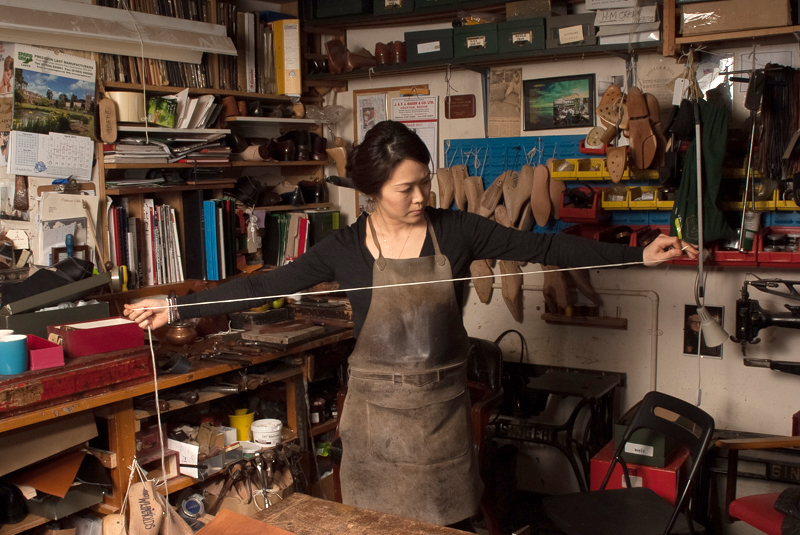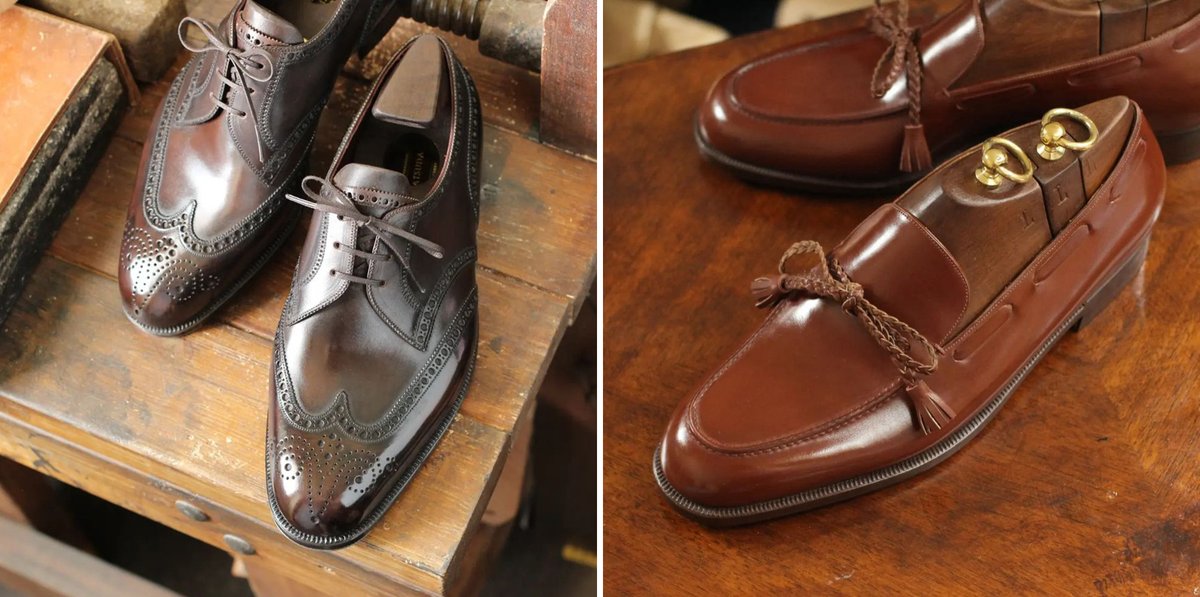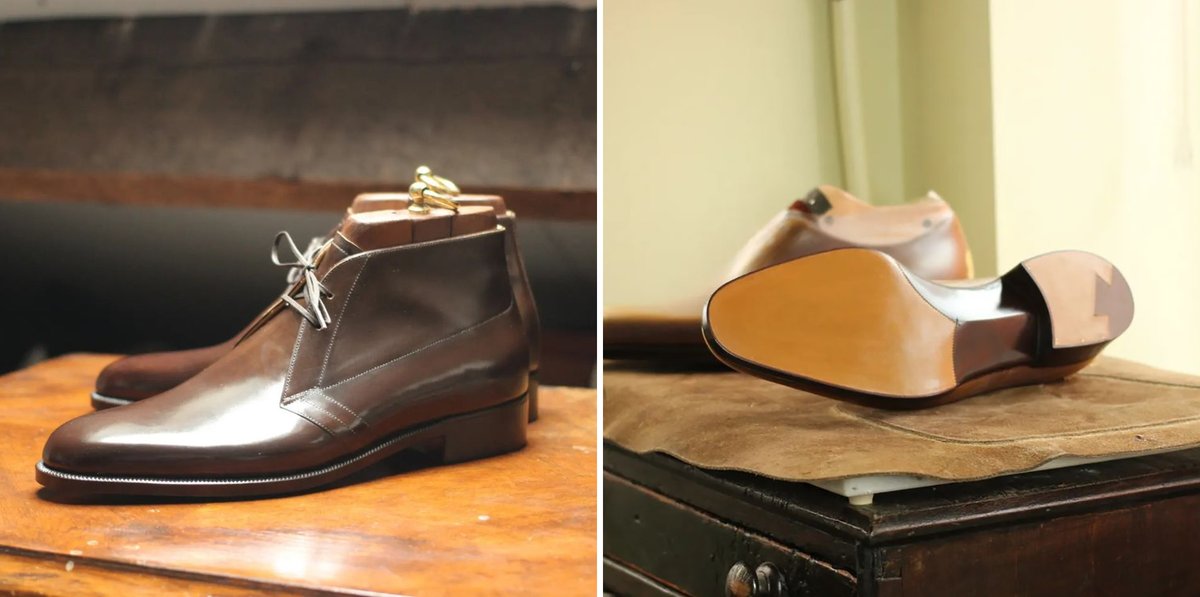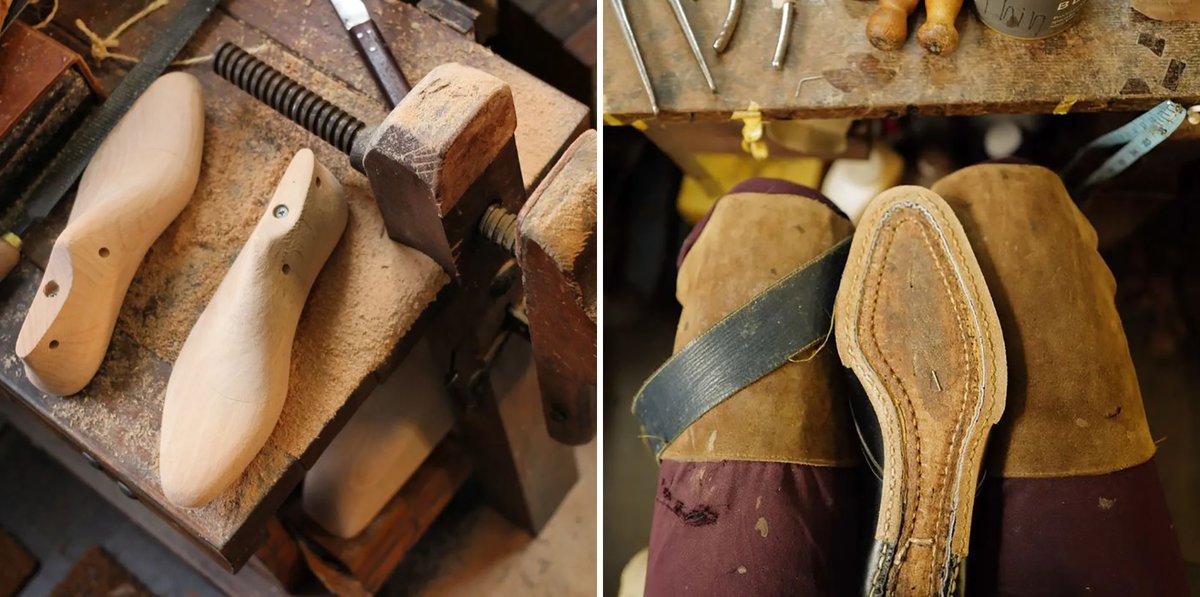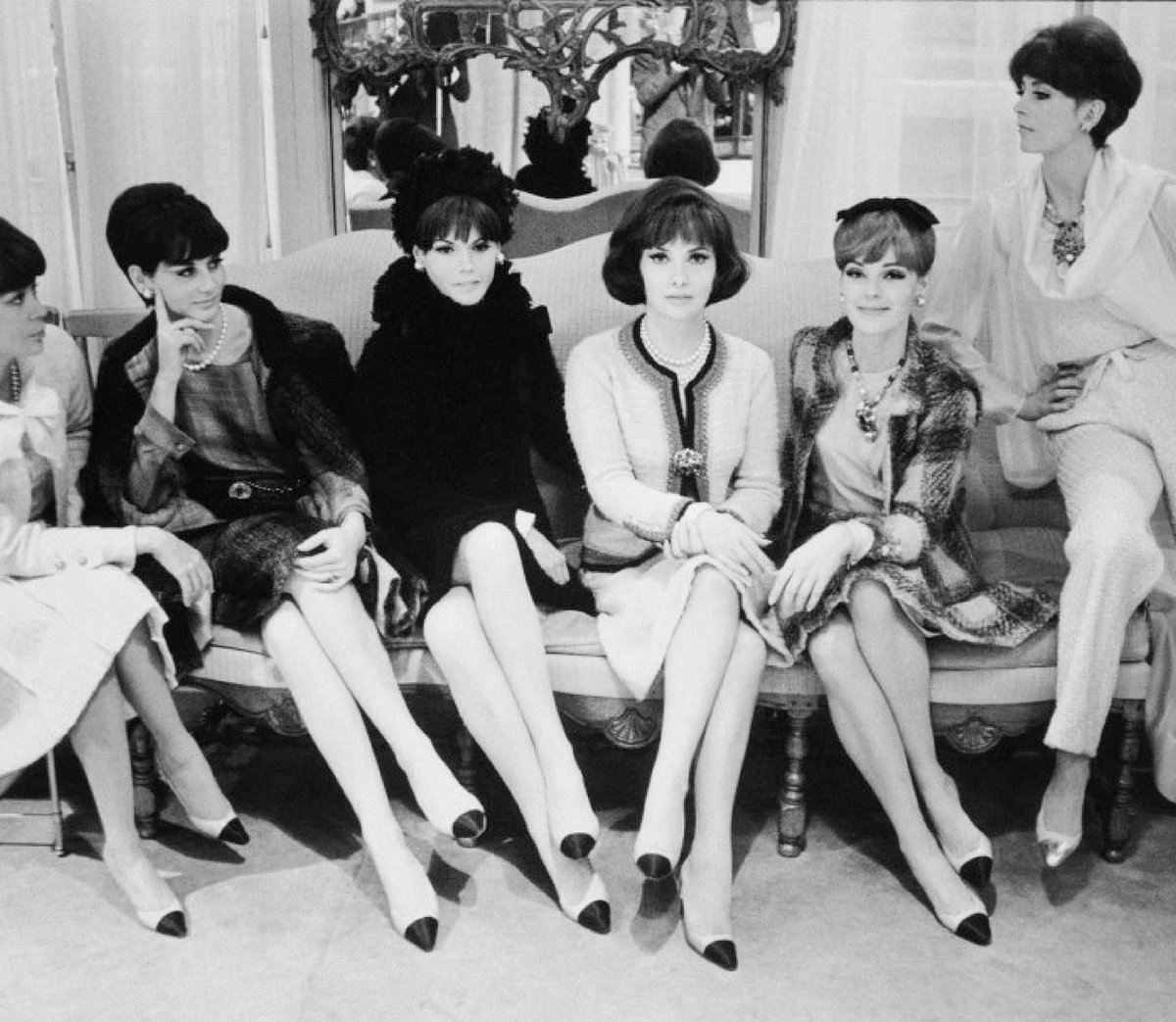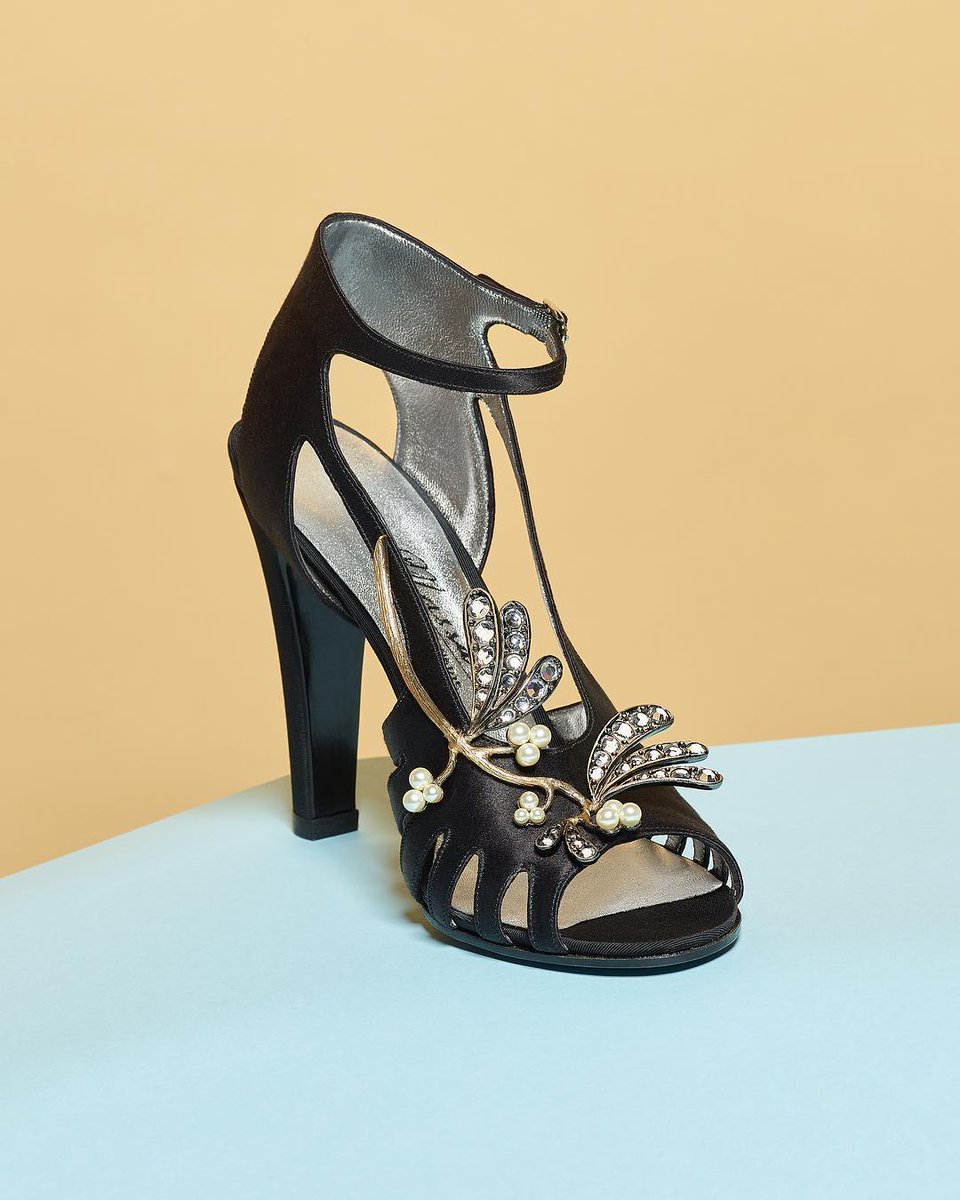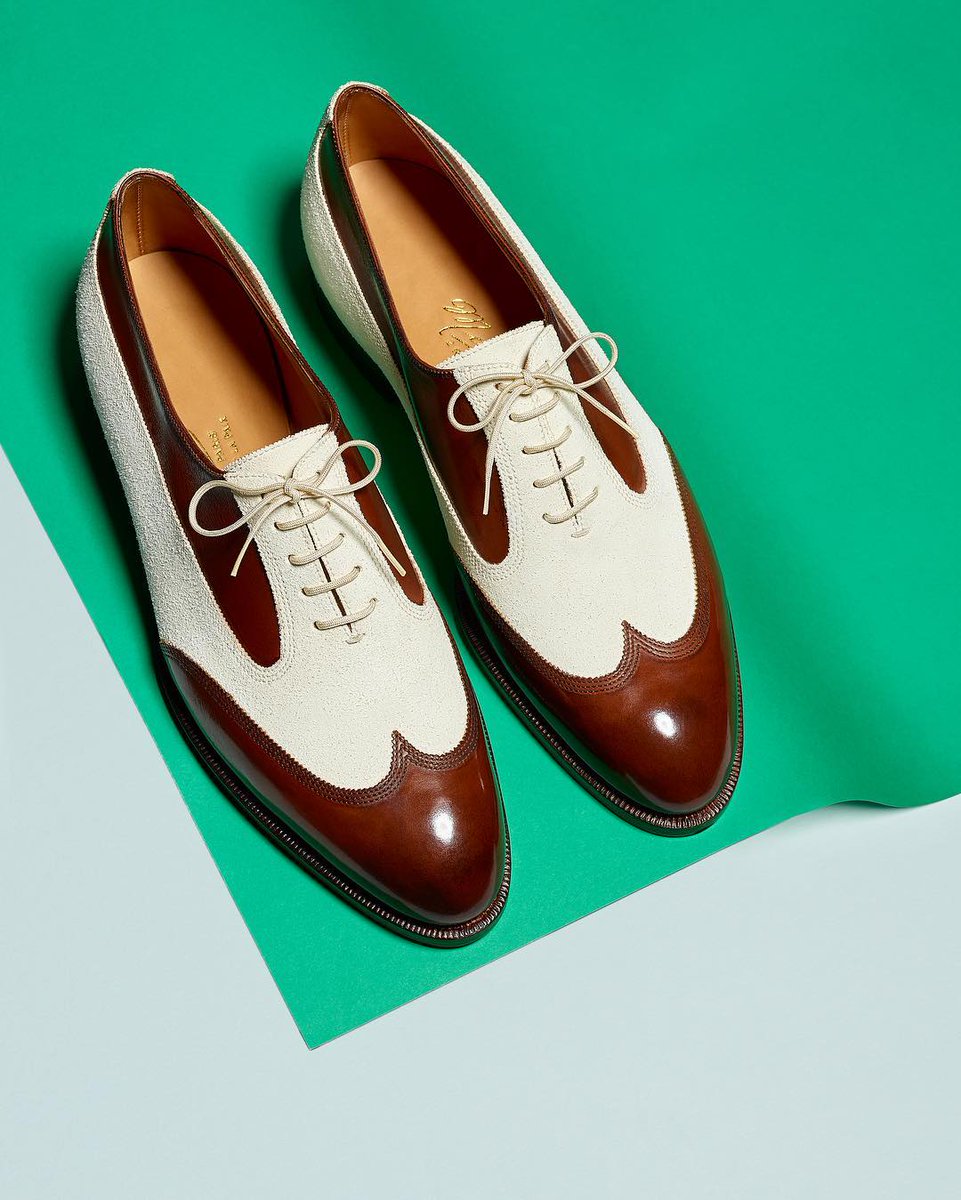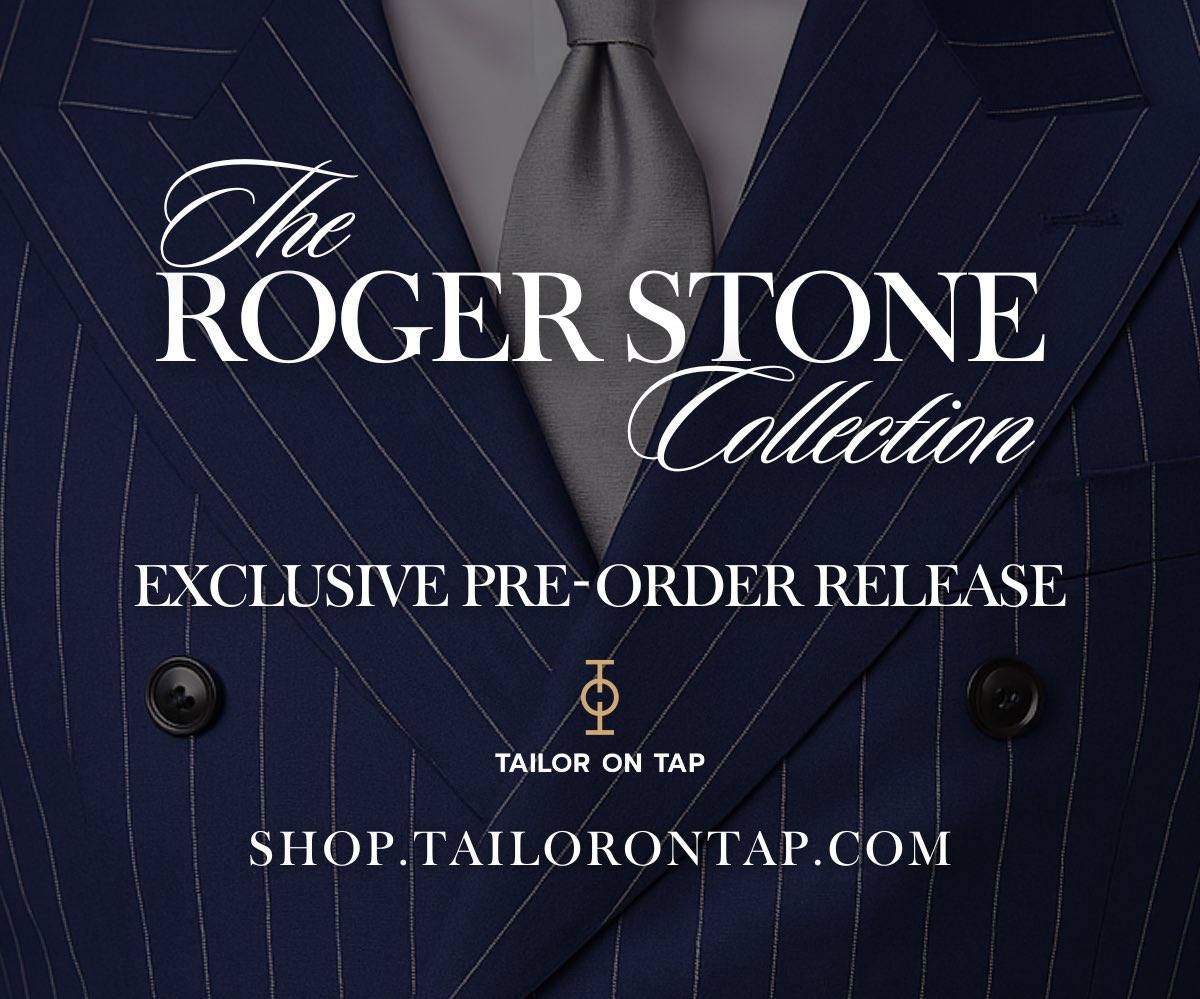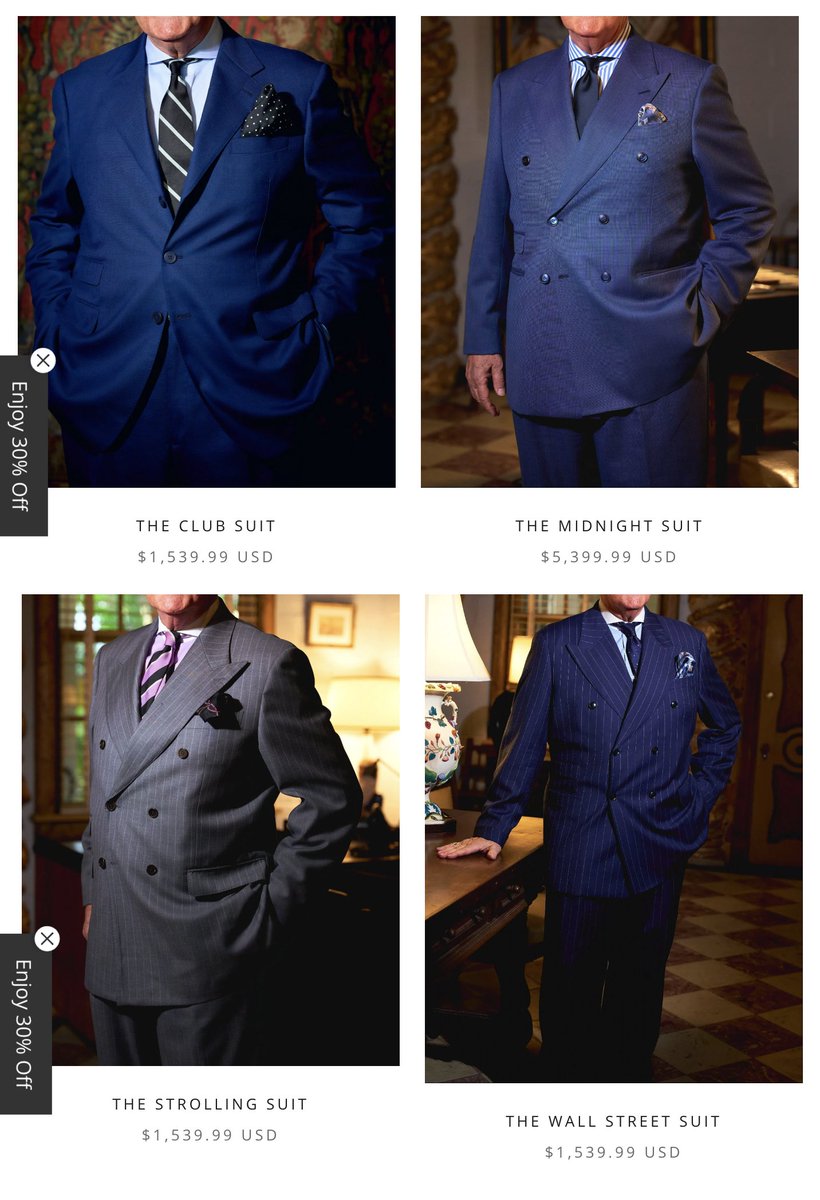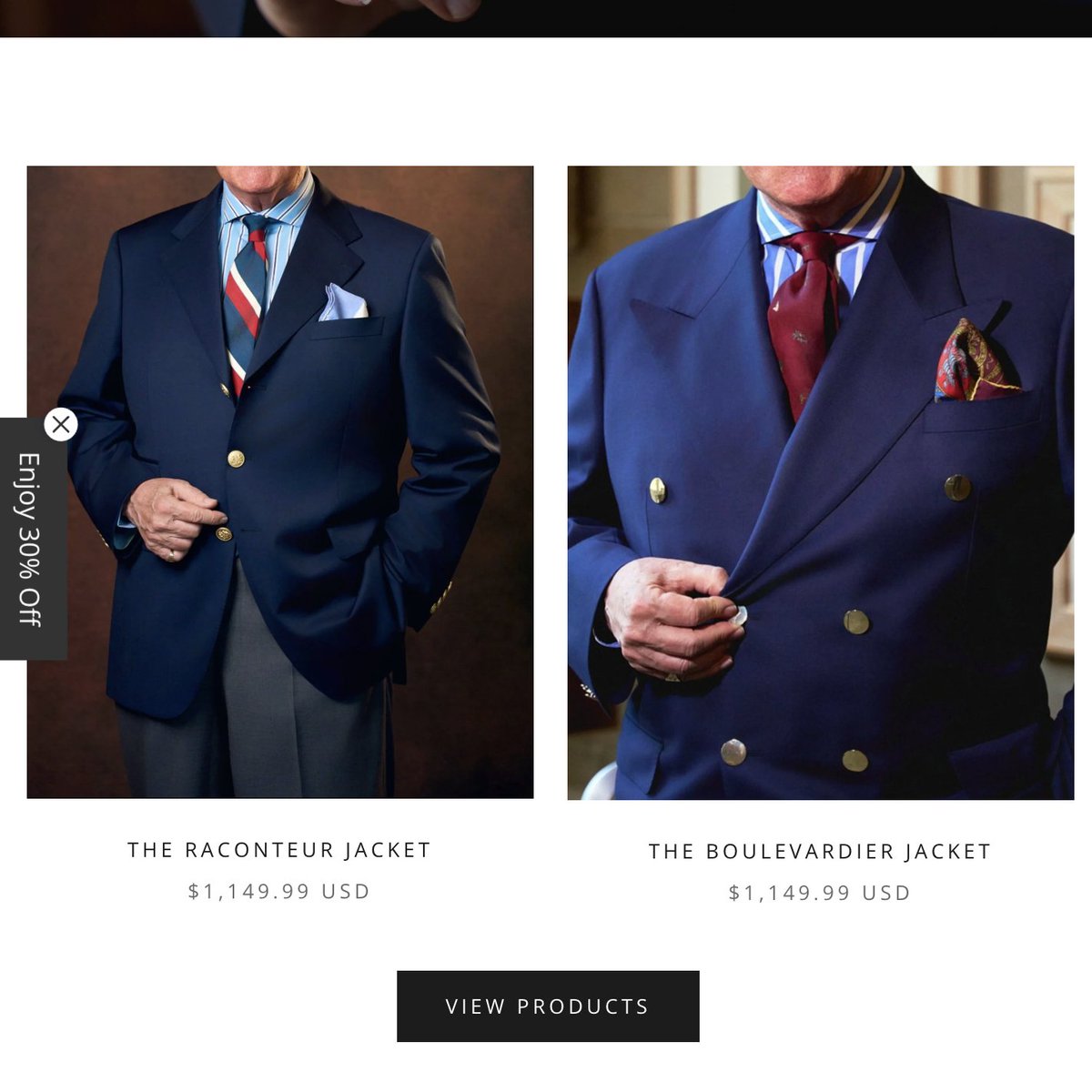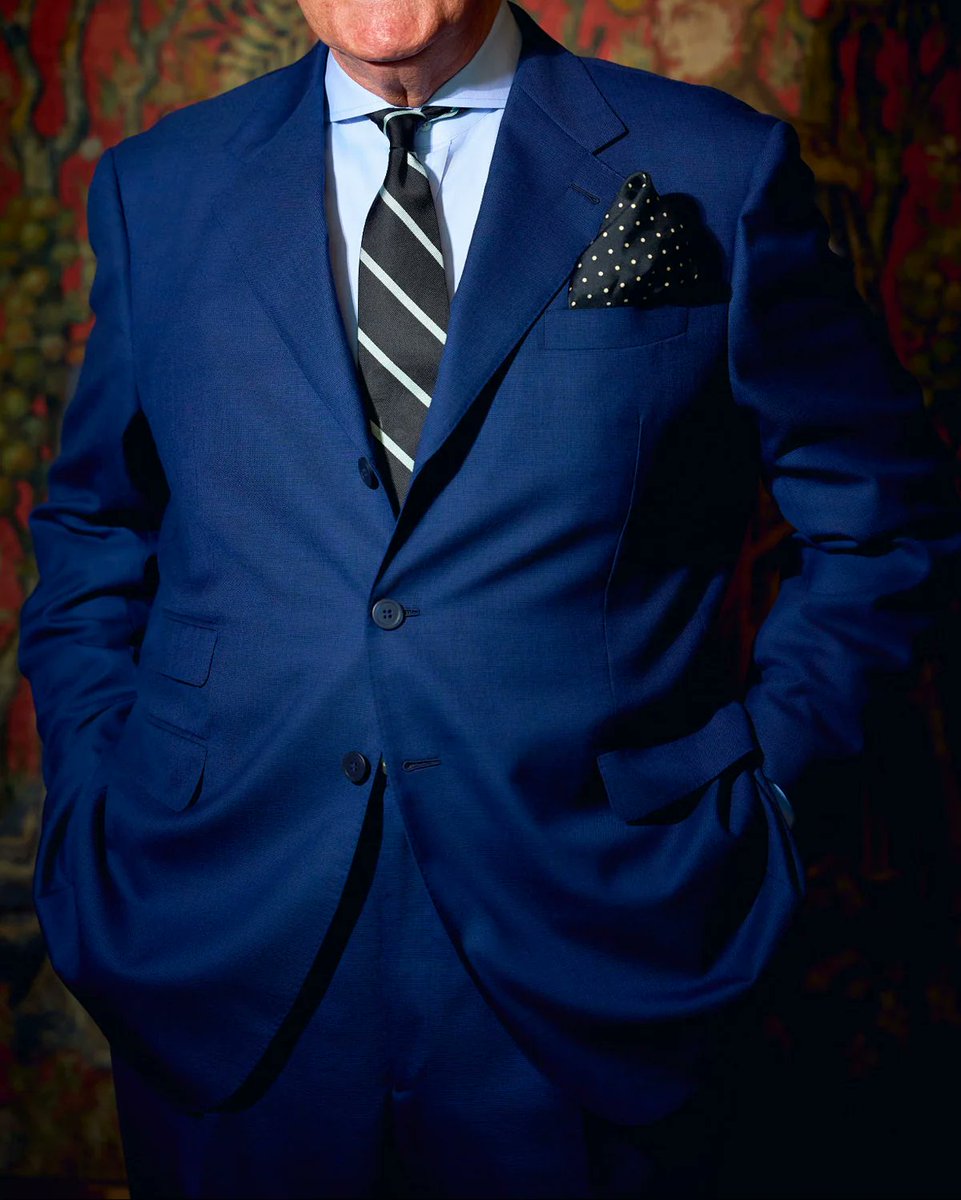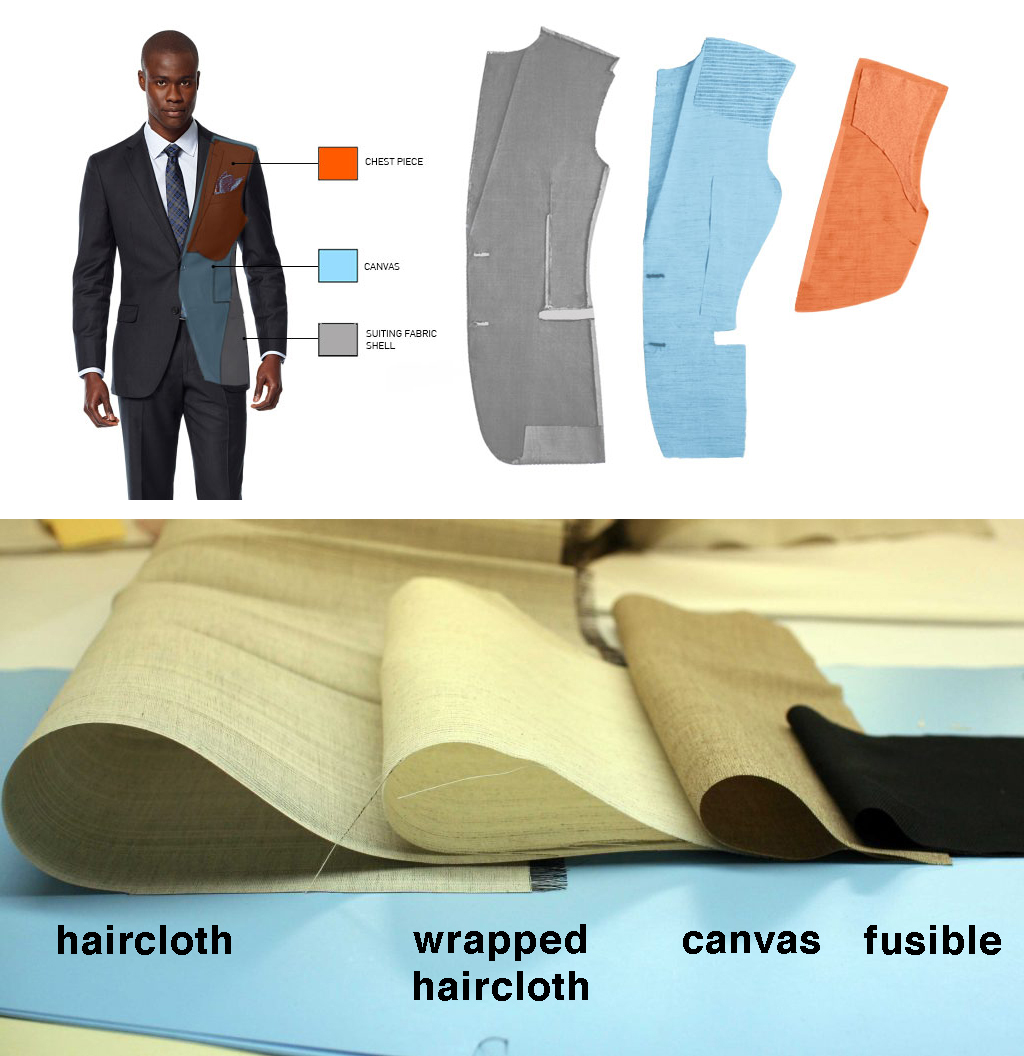Had this saved in my bookmarks because I wanted to answer it. Funny enough, I think Senator Sheldon Whitehouse is one of the better dressed US politicians, but only in a very specific way that will appeal to a very small group of people. 🧵
https://twitter.com/TheClarksTale/status/1833412192856903918
First, let's look at some photos of Senator Whitehouse. Do you think he's well-dressed? What do you think of his style? Please make your judgements before reading on, as I don't want my commentary to color your views. 







Personally, I think he dresses well. I like his use of gabardine and tweed in addition to typical dark worsteds. I like that he wears colors such as olive, rather than only navy and grey. He has good taste in ties and layers with Shetland knits. His clothes have good proportions.
Most of all, I notice his collars—the style, shape, proportions, construction, and material. To understand why it's great we must go back, once again, to the turn of the 20th century. 



In 1896, John E. Brooks—grandson of Brooks Brothers founder Henry Sands Brooks—noticed that some English polo players wore little buttons on their shirt collars to prevent the points from flapping in their face while playing. 

He thought this was charming, so he sent a sample back to his tailors in NYC and asked them to copy it exactly. In 1900, Brooks Brothers put the new collar style on their ready-made sport shirts. These were called “polo shirts” for their polo-inspired collars. 
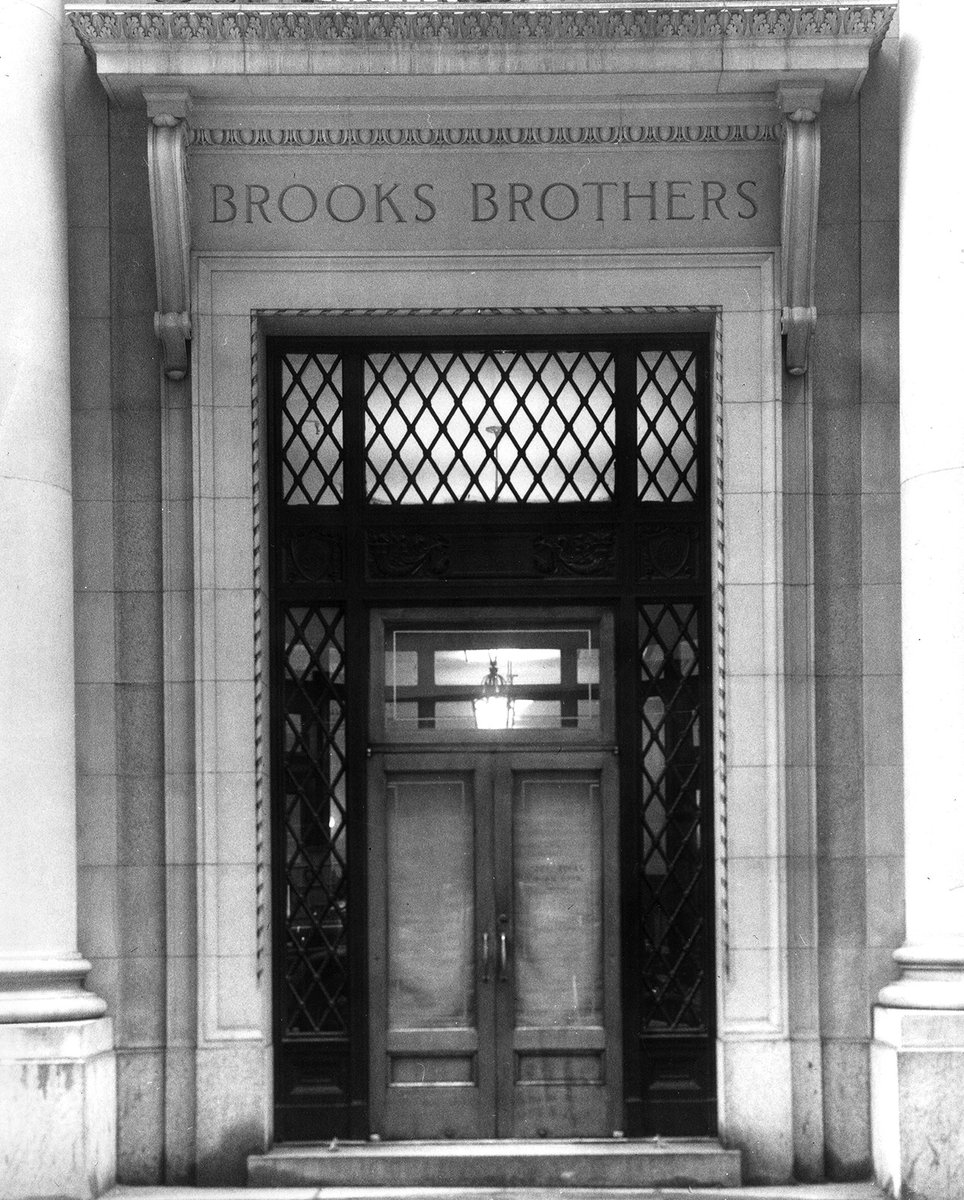
These shirts were first made with white cotton cheviots (a stout twill) and then later a thick cotton basketweave known as oxford. Hence the oxford-cloth button-down was born.
The shirt was an instant classic. By 1915, it was a staple on East Coast colleges and then spread West.

The shirt was an instant classic. By 1915, it was a staple on East Coast colleges and then spread West.


Since Brooks Brothers clothed that upwardly mobile class of Americans who saw their fortunes rise with industrial capitalism, many of their clothes took on status. Their customers were the kind of people who sent their kids to private schools that fed into Ivy League colleges. 

The stuff these people wore—three-roll-two sack coats, silk rep ties, penny loafers, tweed jackets, and button-down collars—became the hallmarks of Ivy Style. It's easy to poo poo this style today as reverse snobbery, but this language forms the ABCs of American style. 

You can draw a line from what Brooks Brothers introduced in the early 1900s to Ralph Lauren's aesthetic by the close of the century. Today, brands such as Aime Leon Dore still rely heavily on that language, but they remix it to feel fresh. 





The button-down collar in particular became a short hand for a kind of American. Bob Newhart named his 1960 comedy album after it. Mary Mccarthy’s 1942 short story “The Man in the Brooks Brothers Shirt” is about a woman who falls for a stylish executive on a Pullman train. 

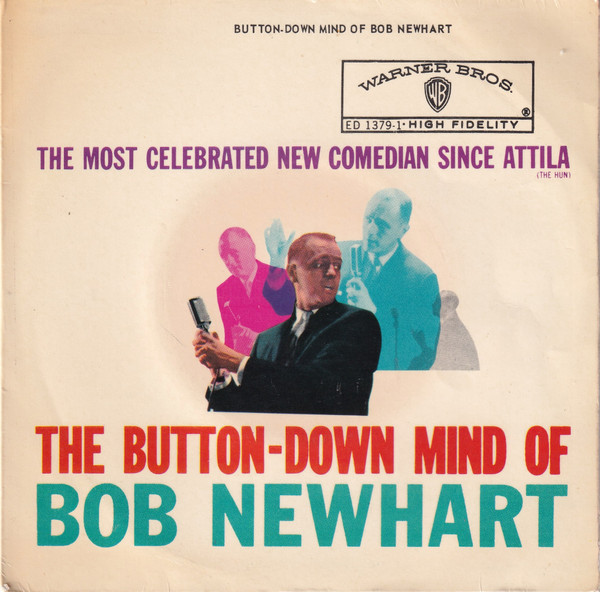

For much of the 20th century, this collar was of a symbol of all that was good: casualness, youth, education, trustworthiness, dependability, sport, and professionalism. They were something a man could wear in the country or city, in sport or business, on weekdays or weekends. 

It also represented more than the old money WASP customers. Non-Americans such as Gianni Agnelli wore it. African American jazz musicians gave it a sense of cool. Miles Davis wore it on the cover of Milestones. 





Much like Levi's 501s, Brooks Brothers's button-down has changed in the last ~125 years. It was originally put on pullover shirts (pic 1) before going onto coat-front styles (pic 2). It lacked a chest pocket before the 1950s (pic 3). Hems have also changed (pic 4). 







But the best versions—the ones beloved by American style enthusiasts—had a totally unlined collar. In a typical shirt collar, there's something here to give the collar structure. Brooks has gone in and out of using interlining, but the softest ones were unlined. 

Not having an interlining means the collar is softer, more comfortable, and frankly messier. The collar shifts and wrinkles when you move. But therein lies the charm. American style—from sack suits to streetwear—has always been about a kind of calculated "I don't care" attitude. 

When combined with the right fabric, cut, and proportions, you get a beautiful collar roll that looks like the outline of an ascending angel's wings. Look at that gentle S-shape! 



People who are into classic American men's style furiously debate this stuff online. There are long threads about where to get shirts like those mid-century Brooks Brothers originals, handwringing over the presence of interlinings, arguments about orthodoxy, etc. 



The thing about Senator Whitehouse is that he often wears an oxford cloth button-down in those exactly correct proportions, material, and details. 



It's even more evident when you see people get it wrong. RFK Jr.'s collar points are too small (no roll). Ron Johnson and Bernie's collars are too controlled (likely lined). Roger Stone's buttons are placed too far apart, making his collar look like it's giving birth to a tie. 







Senator Whitehouse's collar is exactly like those mid-century originals—tasteful spread, beautiful roll, imperfect wrinkles that convey a kind of casual American spirit. 



It's a wonderful, distinctly American look, but admittedly one that will only appeal to the kind of guys who spend all day reading menswear blogs and forums. It makes me happy to see one "in the wild" worn by someone who likely never even thought about his choice. 







• • •
Missing some Tweet in this thread? You can try to
force a refresh


